
12 Best Foods To Support Digestive and Gut Health

The spotlight on gut health hasn’t faded—and for good reason. An increasing body of research links a healthy gut to nearly every aspect of our overall well-being: energy, mood, immunity, skin, and even brain function. Yet, many of our daily habits and dietary choices do little to support the digestive system.
The good news? You have the power to improve it—starting with what you eat. Some foods stand out for their exceptional ability to nourish your gut microbiome and aid digestion. These are the 12 best foods to add to your diet for optimal gut health.
What Is Gut Health?
Your “gut” refers to your entire digestive system, home to trillions of bacteria. These microbes play a key role in digesting food, absorbing nutrients, and protecting your body from illness. The goal is to promote the growth of good bacteria while minimizing harmful strains—and diet is one of the most powerful tools to achieve that.
A gut-friendly diet emphasizes:
-
Fresh fruits and vegetables
-
Whole grains
-
Lean proteins
-
Healthy fats
It also limits processed foods, added sugars, excess salt, and saturated fats.
🥣 1. Yogurt
Yogurt is a well-known probiotic powerhouse, rich in beneficial bacteria that support your digestive tract. Choose plain, unsweetened varieties with live active cultures. Greek yogurt is a great option for added protein. Add your own fresh fruits or a drizzle of honey for natural sweetness.
🍎 2. Apples
Apples are rich in pectin, a type of soluble fiber that improves stool consistency and regulates bowel movements. Regular consumption helps relieve both constipation and diarrhea while supporting a balanced microbiome.
🌿 3. Fennel
This licorice-flavored vegetable and its seeds help ease bloating, cramping, and constipation thanks to their fiber content. Fennel also has antimicrobial properties, making it a natural remedy for digestive discomfort. Use in teas, salads, or roasted dishes.
🌱 4. Chia Seeds
Packed with fiber and omega-3 fatty acids, chia seeds are a gut health superstar. They help keep bowel movements regular and feed good gut bacteria. Start with 1–2 tablespoons in smoothies, overnight oats, or yogurt.
🍈 5. Papaya
This tropical fruit contains papain, a digestive enzyme that breaks down proteins and relieves IBS symptoms. Papaya is also high in vitamin C and supports immune function. Try it in smoothies, fruit bowls, or with yogurt and oats.
🌾 6. Whole Grains
Oats, brown rice, quinoa, and whole wheat are excellent sources of fiber that promote regularity and support the growth of beneficial gut bacteria. Unlike refined grains, whole grains retain the bran and germ, where most nutrients reside.
🍠 7. Beets
Beets are fiber-rich and promote regular bowel movements while feeding good bacteria. Their natural nitrates also improve blood flow. Enjoy them roasted, in salads, smoothies, or soups—but be aware they may color your urine or stools red!
🫚 8. Ginger
Used for centuries in traditional medicine, ginger accelerates gastric emptying and soothes the digestive system. It’s especially effective for nausea and bloating. Use fresh ginger in tea, cooking, or smoothies for the most benefits.
🥬 9. Dark Green Vegetables
Leafy greens like kale, spinach, chard, and arugula are rich in magnesium and insoluble fiber. They help keep things moving and act as prebiotics—feeding the healthy bacteria in your gut. They’re also loaded with vitamins, making them essential for overall health.
🐟 10. Salmon
Salmon is packed with omega-3 fatty acids, which reduce inflammation throughout the body—including the gut. For people with digestive disorders or inflammatory bowel issues, salmon can help soothe the intestinal lining.
🍶 11. Fermented Foods
Fermented foods are natural probiotics that help balance gut bacteria and improve digestion. Try incorporating:
-
Kefir – Fermented milk, great for lactose digestion
-
Kombucha – Fermented tea rich in probiotics
-
Miso – Made from soybeans; aids in growing good gut bacteria
-
Kimchi & Sauerkraut – Fermented vegetables packed with enzymes and probiotics
-
Tempeh & Natto – Soy-based probiotic-rich foods high in nutrients
Choose options with minimal additives and watch sodium levels in processed varieties.
🍲 12. Bone Broth
Made by simmering animal bones and connective tissues, bone broth is rich in gelatin and amino acids like glutamine and glycine. These support the intestinal lining, reduce inflammation, and improve overall digestive function. Drink it warm or use it as a base for soups and stews.
🥗 Eat to Feel Good From the Inside Out
The condition of your gut impacts everything—from your skin and energy levels to your mental clarity and immune health. That’s why it’s crucial to nourish your digestive system with whole, nutrient-dense foods and minimize processed, artificial ingredients.
Eat fresh. Eat clean. Eat for your gut.
Your body—and your mind—will thank you.
News in the same category

News Post

Best Anti-Ageing Cream with Vaseline and Tomato

Rice Water Toner For Flawless Skin

Open Pores Treatment At Home With Rice
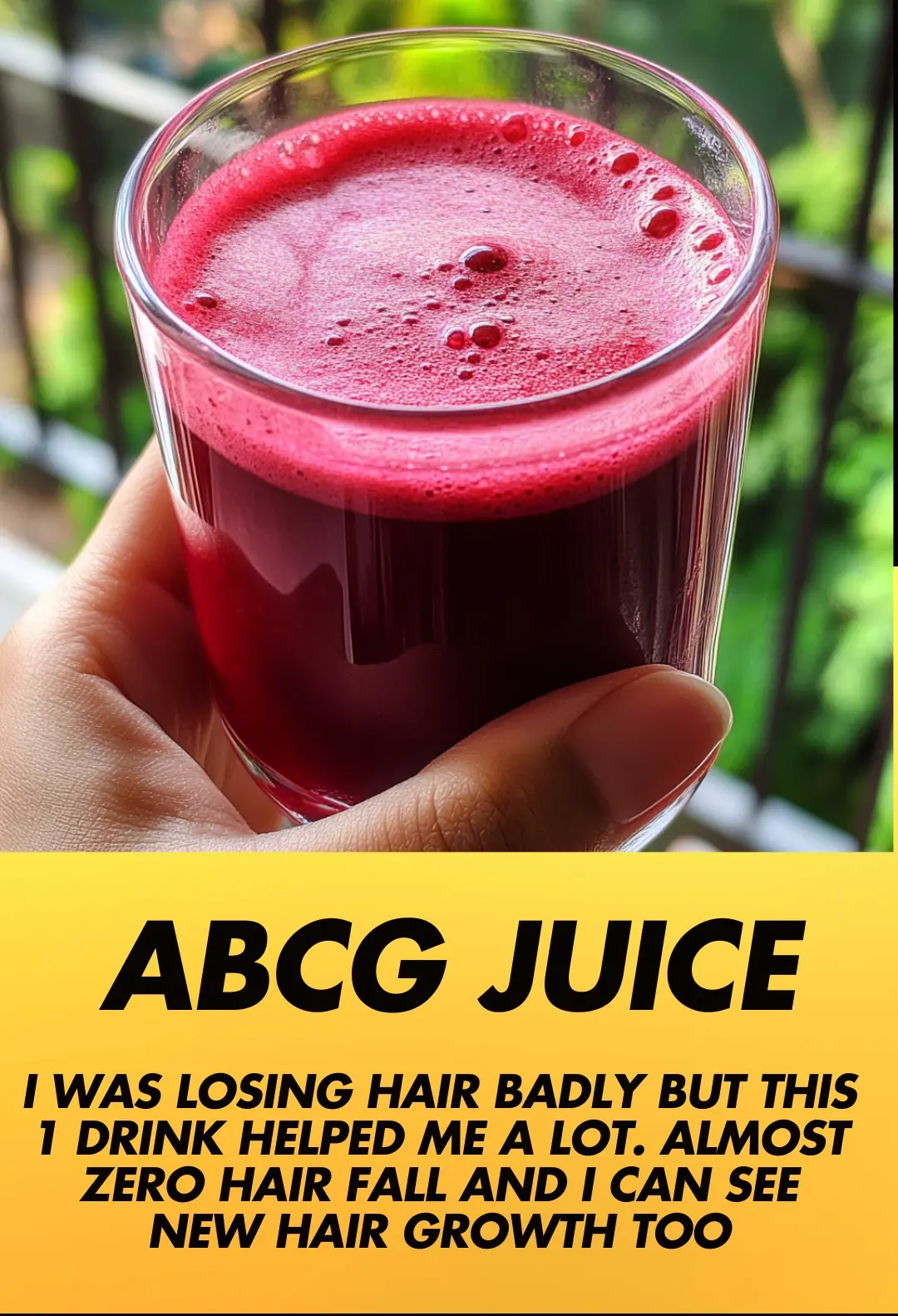
ABCG Juice For Fast Hair Growth

HE FOUND THE ABANDONED PUPPY—THEN HE DID SOMETHING NO ONE EXPECTED

Neglected out of ignorance, tiger is rescued from circus – look at her miraculous transformation

Can you spot the hidden dog? Only those with ‘sniper vision’ can find it

Paris Hilton’s Unwavering Strength: A Mother’s Defense Against Cruel Comments

THE DAY I SAVED THREE BABY GOATS AND FINALLY UNDERSTOOD MY MOTHER’S LAST WORDS
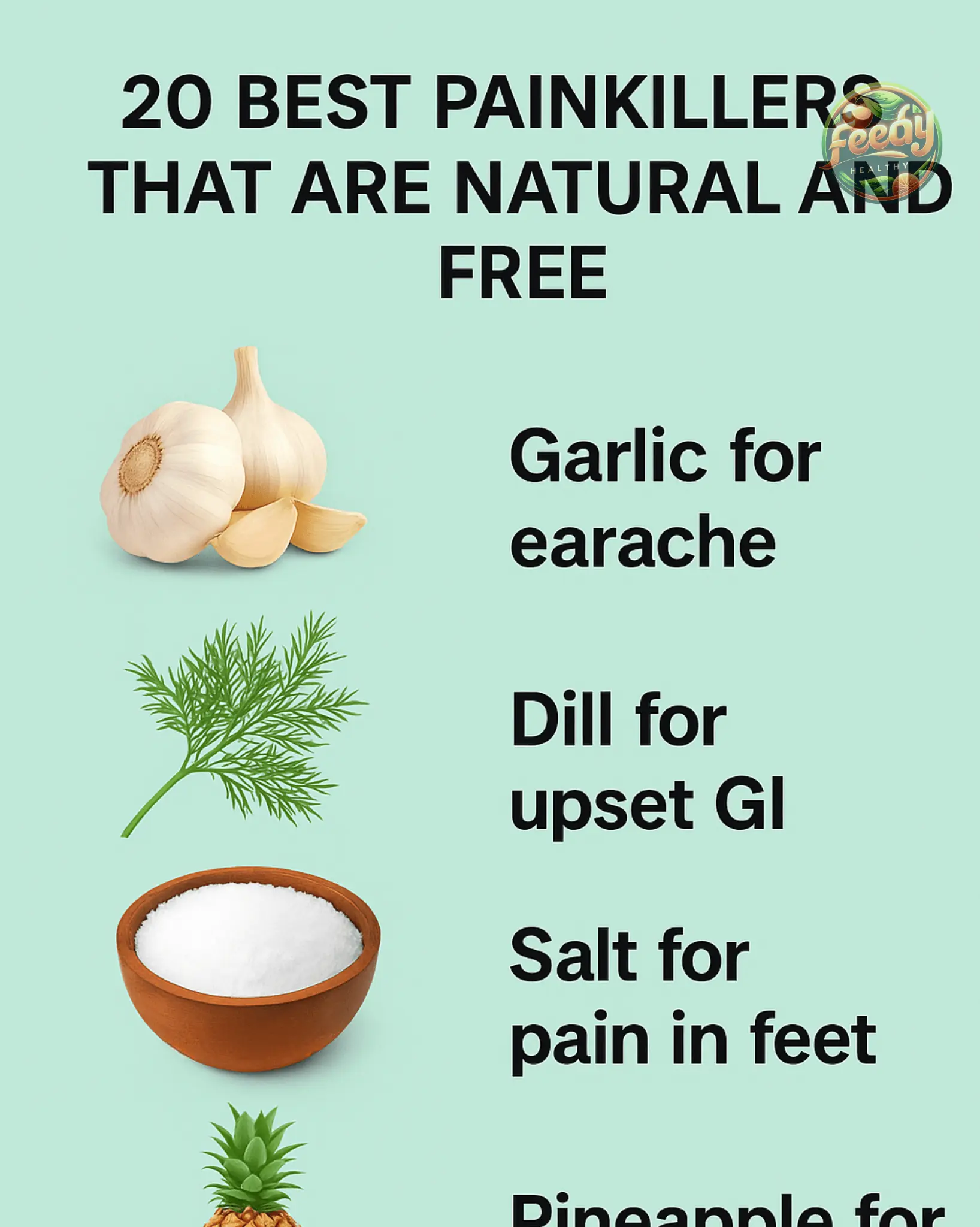
20 best painkillers that are natural and free

Add Onion and Coffee to Your Hair—The Results Might Shock You

Anti Aging Face Mist with Rice Water
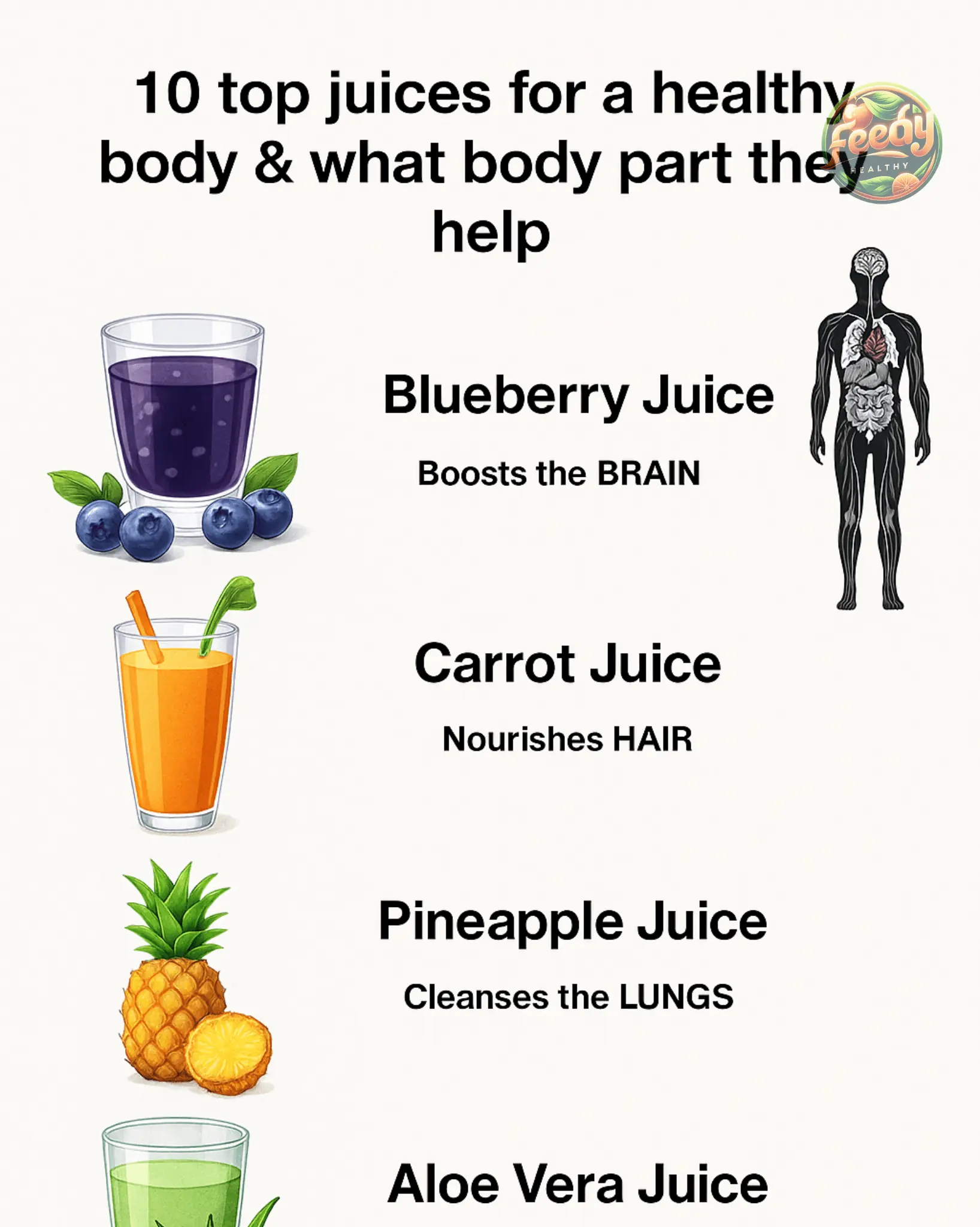
10 top juices for a healthy body & what body part they help
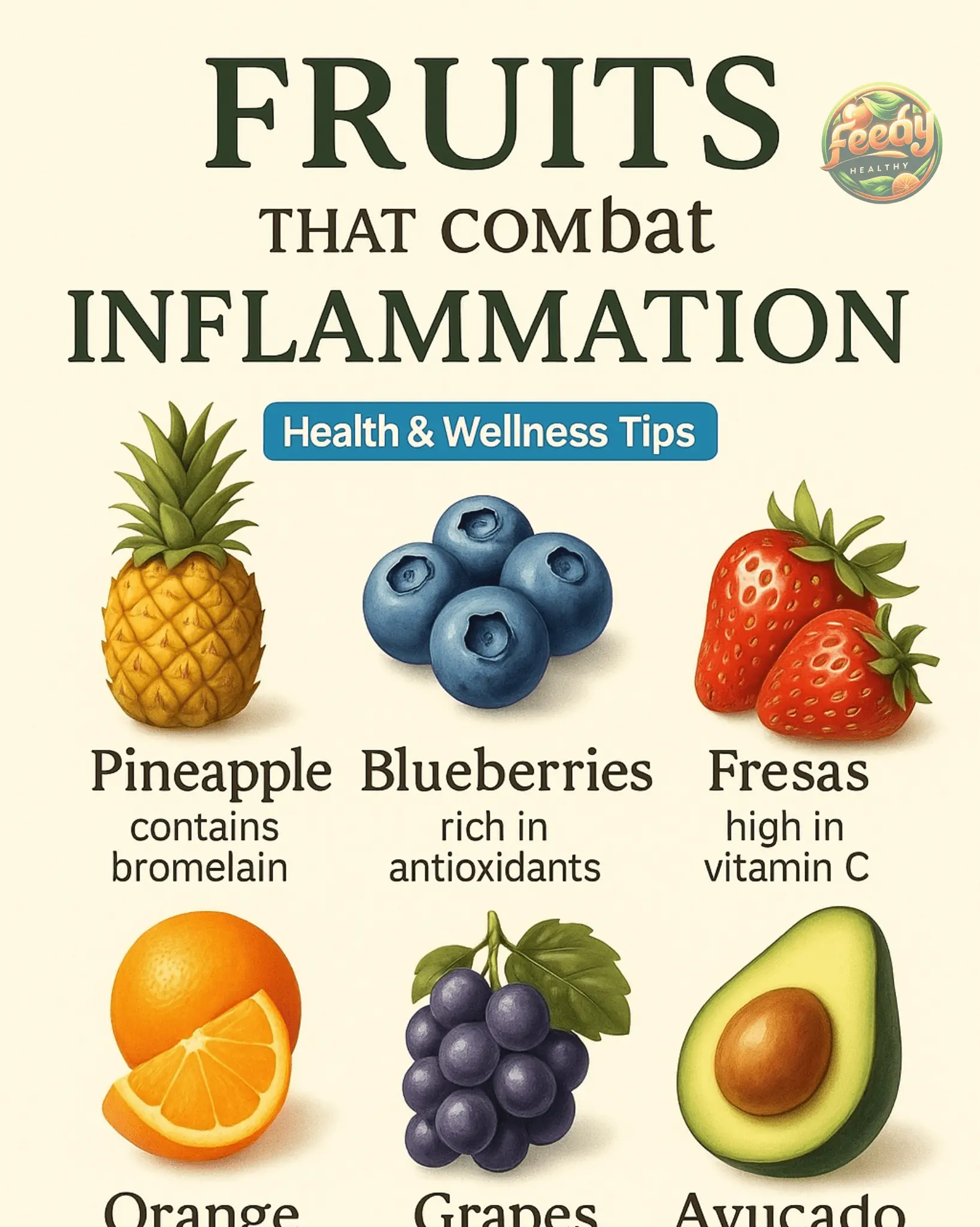
FRUITS THAT FIGHT INFLAMMATION

6 Home Remedies to Lighten Dark Underarms | How to get rid of Dark Underarms

Cleanse Your Kidneys – Everything You Need to Know About Chanca Piedra

Add Vitamin E to Vaseline to Get Clear Skin in 1 Week
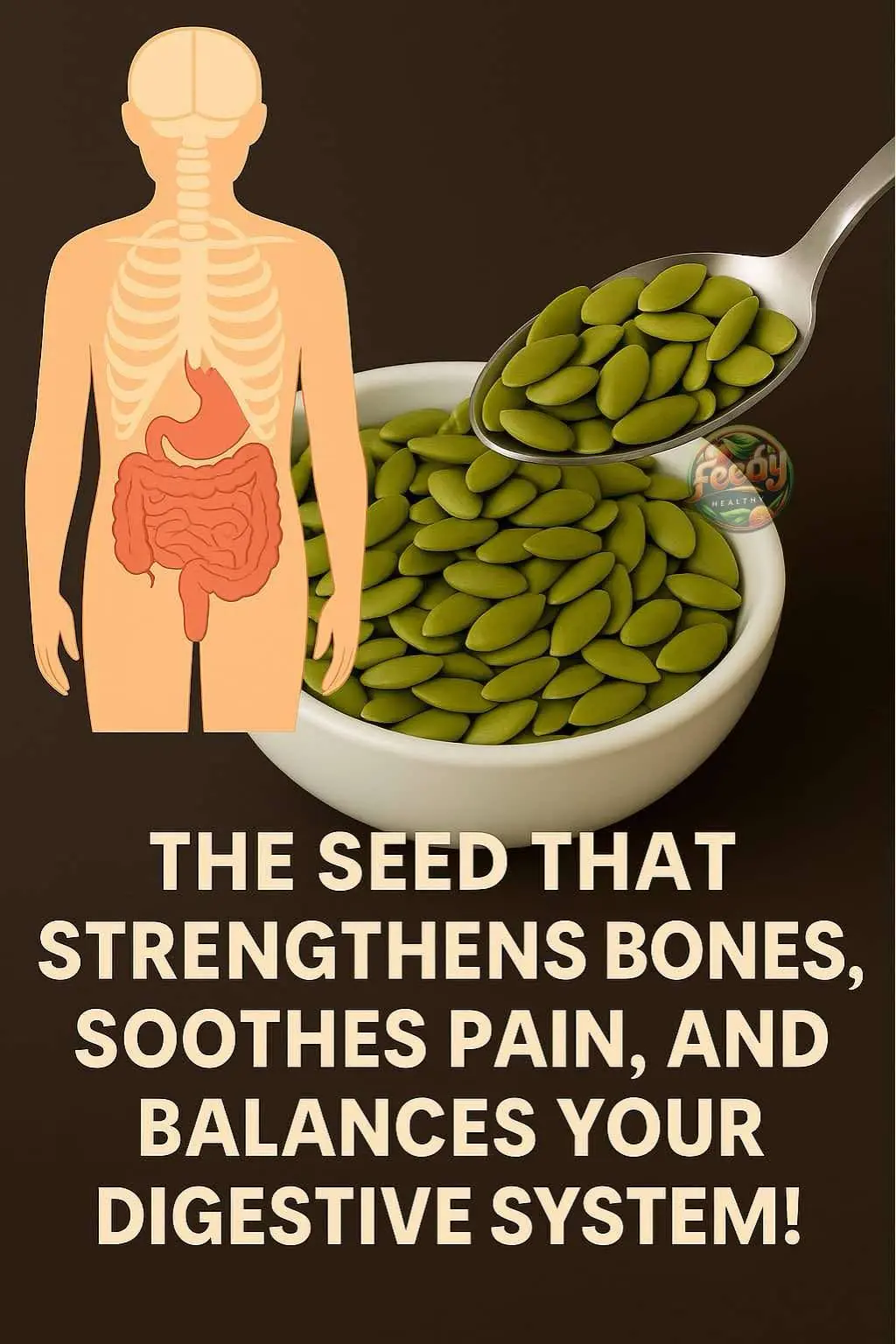
THE SEED THAT MAKES BONES STRONG, HEALS ALL PAIN, AND REGULATES THE INTESTINES!
